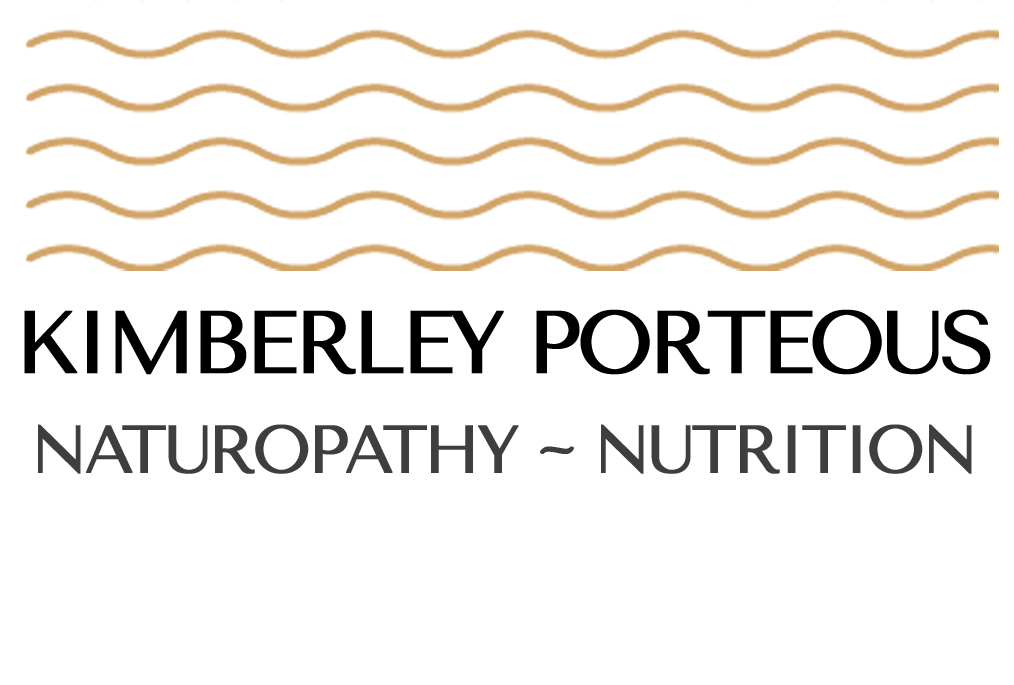Naturopaths are medically trained and offer evidence-based treatment which is independent and not biased by vested interests.
Around 1 in 10 Australians have visited a naturopath. When surveyed why, they say it’s because the care provided is safe, empathetic, empowering (naturopathy allows them to take control of their health), patient-centred (they appreciate that naturopathy treats the whole person), and meets chronic disease management needs which are unmet by other forms of healthcare.

What is naturopathy?
Naturopathy is a whole medical system originating in Europe in the nineteenth century.
Although it is firmly rooted in the biomedical model of disease and seeks to correct any aberrant biochemistry responsible for functional alterations contributing to pathologies, naturopathy draws heavily upon a rich 3,000-year history of traditional medicine.
Modern Australian naturopaths are medically trained and treat the public with evidence-based remedies from these modalities:
- Nutritional therapy: using food, dietary modifications and supplements including vitamins, minerals or amino acids to correct deficiencies and influence biochemical pathways to achieve health outcomes;
- Herbal medicine: plant-derived medicine (in many cases the basis for contemporary pharmaceuticals). Herbal medicine is common to all cultures around the world and the basis of traditional medicine systems;
- Lifestyle counselling: including stress reduction, physical activity prescriptions and sleep optimisation.
Medicines utilised by naturopaths including herbal extracts and nutritional supplements are included in Australia’s National Medicines Policy and considered low-risk by the Therapeutic Goods Association.
What health conditions can naturopathy help with?
Naturopathy is particularly helpful with a diverse array of health conditions, including:
- Digestive complaints, e.g.: bloating, flatulence, constipation, diarrhoea, abdominal pain/discomfort, food sensitivities, IBS, ulcerative colitis, Crohn’s disease, coeliac disease, food sensitivities, reflux, gastritis;
- Fatigue and burnout;
- Insomnia and sleep disorders;
- Hormonal issues, e.g.: PMS, period pain, hot flushes and other perimenopause and menopause complaints, irregular periods, heavy periods, PCOS, endometriosis;
- Mental health presentations including stress, anxiety, low mood, depression;
- Skin issues, e.g.: acne, dermatitis, eczema, rosacea, psoriasis;
- Immune conditions, e.g.: low immunity, autoimmune conditions including rheumatoid arthritis, allergies, hay fever;
- Thyroid conditions;
- Weight management;
- Respiratory infections and asthma;
- High blood pressure;
- High cholesterol;
- Liver and gallbladder complaints, e.g.: fatty liver, gall stones, cholestasis, hepatitis;
- Chronic pain, including headaches and migraines;
- Arthritis;
- Erectile dysfunction;
- Fertility (female and male);
- Cognitive function;
- Healthy ageing.
What is the idea behind naturopathy?
Naturopathy is underpinned by the philosophies of treating the root cause of illness, preventing disease by empowering individuals to optimise their health, the importance of psychological health to one’s physical wellbeing, the biochemical individuality of each patient, and selecting the least toxic treatments necessary to stimulate the body’s healing process.
Prevention of disease is a concept shared with Australian health ministers as essential to public health.
The promotion of robust psychological health is also inherent to naturopathy as one part of the whole health of the individual. Australian health policy agrees in the importance of mental health services and support. This is yet another area in which naturopathic treatment is a valuable asset to Australian public health.
The World Health Organization agrees. In 2019 it declared traditional and complementary medicines like naturopathy is “an important and often underestimated health resource” which is particularly valuable to help prevent and manage lifestyle-related chronic diseases. The WHO says reducing the burden of preventable chronic disease is the most urgent reason to strengthen collaboration between traditional and conventional health sectors.
As lifestyle-related chronic diseases affect over 50 percent of Australians, it is obvious that any health practice that improves diet and reduces stress is a significant benefit to the public sector.
What is the scientific evidence for naturopathy?
High-quality research studies in the medical literature confirm naturopathy’s efficacy in improving outcomes for patients with chronic disease and debilitating health conditions. A few examples include:
- A 2019 Australian systematic review of randomised-control trials and other studies worldwide of 10,000 participants found naturopathic medicine improved outcomes in patients with chronic diseases of public health significance, echoing the findings of a 2015 systematic review from the United States and Canada;
- For cardiovascular disease, naturopathy is shown to substantively reduce blood pressure, improve post-surgery outcomes compared against usual care, and reduce cardiovascular risk. Australia’s National Heart Foundation states that fish oils, one treatment commonly prescribed by naturopaths, are the most effective intervention to reduce heart disease risk and recommends all adults consume them;
- Patients with moderate-severe anxiety, bipolar disorder and depression find significant improvements and reduction in medication following naturopathic treatment. Kava has been found equally or more effective for anxiety than pharmaceutical treatment with a better safety profile, and St Johns Wort is more cost-effective than anti-depressants for patients with depression, increasing patient choice;
- Naturopathic treatment produces significant benefit in type 2 diabetes;
- Naturopathy significantly decreases musculoskeletal pain compared to physical therapy;
- Significant improvements are also found in complex chronic diseases and asthma.
How does naturopathy work with conventional medical treatment?
Naturopathy is informed healthcare: naturopaths offer advice and treatment, guided by high-quality and current scientific research, which is independent and not biased by vested interests.
Naturopaths understand that palliating a symptom does not effectively treat an illness, and in many cases will worsen the original complaint as the treatment did not address the cause. It’s like putting tape over a warning light on the dashboard so you can’t see it – however the problem remains and may cause serious problems over time if not addressed.
Naturopathy is diagnostic: it joins the dots and connects all body systems and the patient’s psychological state to determine the root cause of a health complaint, in order to treat it most effectively.
And to do this, naturopaths will use the best tool for the job: recommending conventional pharmaceuticals and surgery when required after first trying to correct the condition and return the body to homeostasis using nutrition, lifestyle prescriptions, and safe and reliable herbal medicines.
That’s why naturopathy is considered a complementary health practice (not an alternative health modality) as naturopathy is based on biomedical science just like conventional medicine. Naturopathy complements the acute and emergency care provided by GPs and the hospital system, and is safe to use in conjunction with conventional pharmaceutical drugs. Make sure you choose a naturopath who has expressed a willingness to work closely with your GP for best results.
It is often said that naturopathy is less about treating disease and more about creating health. Get in touch if that sounds like something you would be interested in exploring.
